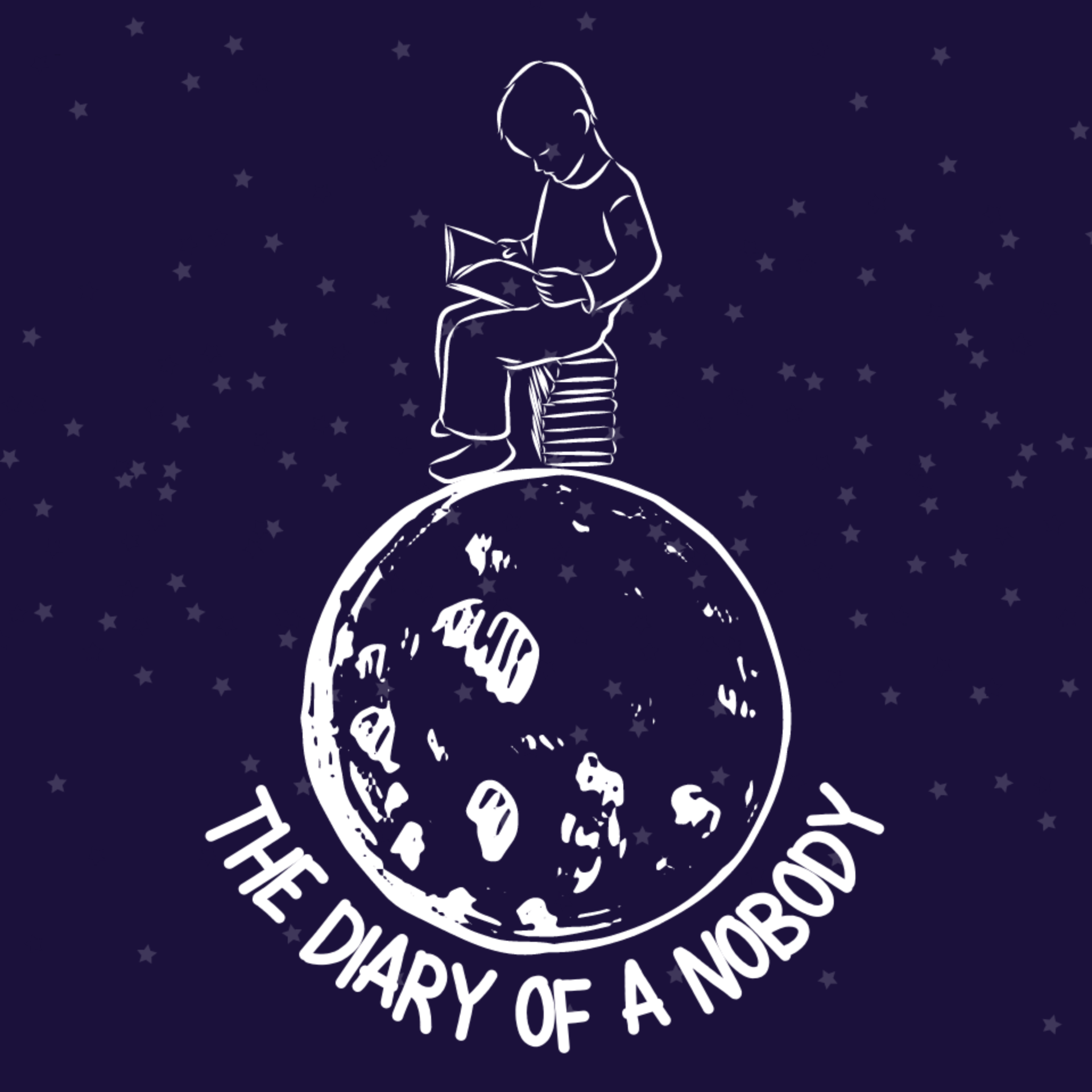Episodes
Theme & Story:
In the first stanza of ”Do Not Go Gentle”, the speaker encourages their father not to ”go gentle into that good night” but rather to ”rage, rage against the dying of the light.” Then, in the subsequent stanzas, they proceed to list all manner of men, using terms such as ”wise”, ”good”, ”wild”, and ”grave” as descriptors, who, in their own respective ways, embody the refrains of the poem. In the final stanza, the speaker implores their father, whom they observe upon a ”sad...
Published 09/04/22
Kahlil Gibran - On Freedom
”[...] And my heart bled within me; for you
can only be free when even the desire of
seeking freedom becomes a harness to you,
and when you cease to speak of freedom
as a goal and a fulfilment [...]”
Published 08/28/22
Mary Frye / Clare Harner / Unknown Author - Do Not Stand At My Grave And Weep
Possibly written in: ca. 1932/1934 (Mary Frye / Clare Harner)
Note: The author of the poem has not been determined. Therefore, the poem may well belong to Mary Frye, Clare Harner, or other unknown author. The two possible authors are the only ones who claimed the poem to be written by them.
Poem:
Do not stand
By my grave, and weep.
I am not there,
I do not sleep—
I am the thousand winds that...
Published 08/21/22
If—should first and foremost be interpreted as a poem addressed to a younger man, listing the qualities a man should acquire or cultivate in order to be a paragon of manly virtue. The poem’s final words, ”you’ll be a man, my son,” suggest that the poem is addressed to Kipling’s actual son.
Published 08/13/22
Invictus is a poem by William Ernest Henley that translates from Latin as ”unconquerable” or ”undefeated.” This poem is about maintaining one’s dignity despite life’s indignities and having courage in the face of death.
Published 08/06/22
T.S. Eliot - Ash Wednesday (part six)
Originally published: 1930
Theme: The poem was written by Eliot as a result of his conversion to Anglicanism in 1927.
Poem:
Although I do not hope to turn again
Although I do not hope
Although I do not hope to turn
Wavering between the profit and the loss
In this brief transit where the dreams cross
The dreamcrossed twilight between birth and dying
(Bless me father) though I do not wish to wish these things
From the wide window towards the...
Published 08/06/22
T.S. Eliot - Ash Wednesday (part five)
Originally published: 1930
Theme: The poem was written by Eliot as a result of his conversion to Anglicanism in 1927.
Poem:
If the lost word is lost, if the spent word is spent
If the unheard, unspoken
Word is unspoken, unheard;
Still is the unspoken word, the Word unheard,
The Word without a word, the Word within
The world and for the world;
And the light shone in darkness and
Against the Word the unstilled world still whirled
About the centre...
Published 08/04/22
T.S. Eliot - Ash Wednesday (part four) Originally published: 1930
Theme: The poem was written by Eliot as a result of his conversion to Anglicanism in 1927.
Poem:
Who walked between the violet and the violet
Whe walked between
The various ranks of varied green
Going in white and blue, in Mary's colour,
Talking of trivial things
In ignorance and knowledge of eternal dolour
Who moved among the others as they walked,
Who then made strong the fountains and made fresh the springs
Made...
Published 08/03/22
This poem written by T.S. Eliot was written as a result of his conversion to Anglicanism in 1927. The poem, originally published in 1930, portrays the challenges that follow along with religious beliefs when it comes to personal salvation in a time of unpredictability and anxiety.
Published 08/02/22
This poem written by T.S. Eliot was written as a result of his conversion to Anglicanism in 1927. The poem, originally published in 1930, portrays the challenges that follow along with religious beliefs when it comes to personal salvation in a time of unpredictability and anxiety.
Published 07/29/22
This poem written by T.S. Eliot was written as a result of his conversion to Anglicanism in 1927. The poem, originally published in 1930, portrays the challenges that follow along with religious beliefs when it comes to personal salvation in a time of unpredictability and anxiety.
Published 07/25/22


